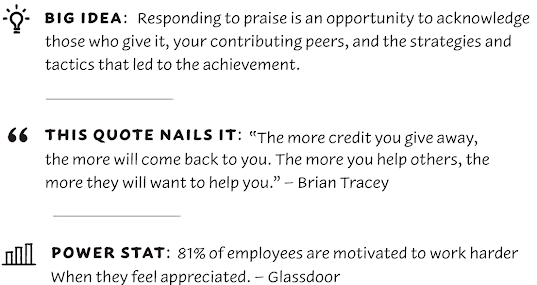Chris’ approach is a simple and effective way
of activating the mindsets, routines, and behaviours required to reach your
goals. It also helps you avoid everyday distractions that halts progress. Here
are the three steps to follow:
2. Select three words that capture the essence of these enablers that will remind you of them.
3. Place these words where you will see them daily (e.g., phone screen, monitor, mirror).
After years of practicing Chris’
goal-achievement process, prioritizing three goals and choosing a word for each
works best for me. My words for 2024 were Mentor, Refine and Chef.
Chef was about learning how to cook. I could prepare meals, but not varied or tasty ones. My goal was to create a repertoire of ten good meals. I started my quest by interviewing friends about how they learned to cook. Most said trial and error. My friend John sent me “How to Cook Everything” by Mark Bittman to kickstart my explorations. Instagram was my go-to source for recipes because videos accompanied most. I tried 32 recipes, with many passing the “Would we have it again” test judged by my wife and me.
 is about reaping the benefits of consistent effort. Specifically,
it will support my commitment to writing ten minutes every day on my next book.
I aim to complete the first draft by December 31, and I know from my first two
books that writing must be my number one priority and every day counts. I will
not sleep until I complete this daily task, which would compromise my second
goal.
is about reaping the benefits of consistent effort. Specifically,
it will support my commitment to writing ten minutes every day on my next book.
I aim to complete the first draft by December 31, and I know from my first two
books that writing must be my number one priority and every day counts. I will
not sleep until I complete this daily task, which would compromise my second
goal.Sleep is about improving the quality and length of my rest. I track my sleep scores nightly on my Garmin watch, which are rarely good. I didn’t know there were so many ways to have a poor night’s sleep. Most mornings, I read reports informing me of my poor REM or deep sleep or that my sleep was imbalanced. In 2025, I will focus on managing my inputs to improve my outputs. Daily data will help me notch my score up from my current average of 69.
Savour is a reminder to enjoy every day to the fullest, even the
challenging parts. Time is flying, and I want to live fully. Earlier in my
career, there were times when I thought, “If only this difficult project could
be over.” Now, I realize that the toughest times gave me the most growth (and
the best stories). My goal is to live in the moment and appreciate what I am
doing, no matter how difficult.
Over the holidays, I reviewed my past word
selections, noting my successes, failures and learnings. It’s time to add to
the lists by focusing on the present, thinking, and doing things to drive my
success in 2025.
The My Three Words exercise has helped me
achieve my goals by staying focused and resisting distractions. If that sounds
good, what three words will help you achieve your goals in 2025?
Best wishes for a successful year!
#goalsetting #planning #personaldevelopment #change #leadership #management #business #my3words
























